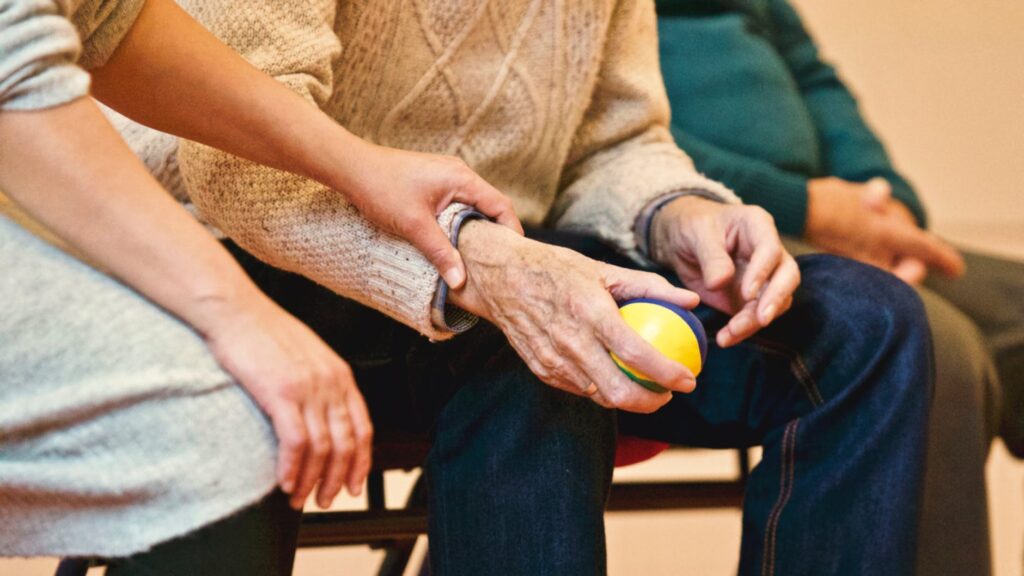A Lewy Body Dementia diagnosis is life-changing and disheartening, but there are ways to cope with this diagnosis that foster a better quality of life for not only the person with LBD, but the care partner as well. Having guidelines on how to proceed with this new way of life is extremely valuable. Here are some helpful pointers on coping with a Lewy Body Dementia diagnosis and sustaining a positive outlook.
Learn About What to Expect as a Care Partner
Knowing how the disease progresses can save the caregiver from undo stress. Lewy Body Dementia doesn’t necessarily follow a script; rather, it often presents new, seemingly random symptoms. These can include REM sleep behavior disorder, falling out of bed, hallucinations, and more. The more care partners know about Lewy Body Dementia symptoms and their management, the better they can take care of the person with LBD.
Celebrate the Good Days
People living with Lewy Body Dementia often experience extreme fluctuations in physical and cognitive ability. Many times, they may have trouble walking, speaking, remembering, and more. On other days, they may present fewer symptoms of Lewy Body Dementia. For care partners, it’s important to recognize and cherish the good days. While it may be difficult to completely forget about past struggles or future obstacles caused by LBD, try to stay present with your loved one during the easier times.
Focus on Abilities that Remain
As Lewy Body Dementia progresses, those suffering with the disease are most often robbed of many parts of their identity. They may no longer be able to enjoy social engagements or hobbies that used to play a large role in their life. Even on better days, mobility and cognition are not what they once were. Finding alternative activities that resemble or remind the person of once-loved hobbies can spark joy and engagement. For example, if the person diagnosed with LBD used to ride horses, take them to a therapeutic equestrian center and help them groom, pet, or simply be near the horses. This adds value to the person’s life and makes them feel loved and more than a diagnosis or disease.
Plan Future Activities
Scheduling events gives the care partner and person with LBD something to look forward to, especially in the earlier stages of the disease. Getting out of the house adds joy to life and breaks up a monotonous medical routine. Caregiving in the home is a full-time job and it may take additional energy to plan outings, but it’s definitely worth the effort.
The Lewy Body Dementia Resource Center provides a plethora of educational material for care partners to help them cope with this diagnosis and better assist those with the disease. Our hotline is open 7 days a week, 12 hours a day. Care partners may call with questions about symptoms or for advice on taking care of someone with LBD. For more information on Lewy Body Dementia symptoms, therapies, treatments, life expectancy, and more, visit our online resource center.


